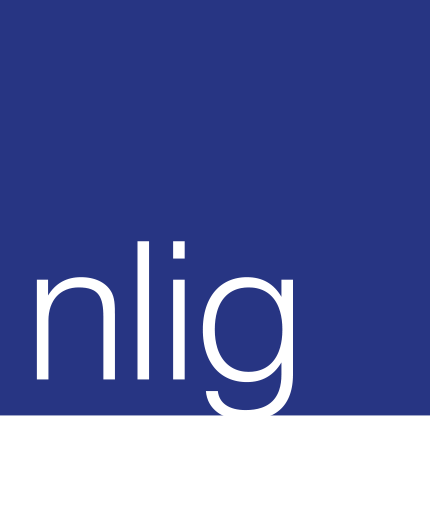The low down on pop-ups. What insurance do you need?

Setting up a pop-up shop in a town centre or shopping mall is an exciting opportunity to promote your business while revitalising a declining space. However, like any new business venture, ensuring you have the appropriate insurance is crucial.
A Popular New Trend
The short-term lease model has sparked a retail recovery in a fresh, temporary format, allowing new business owners to sell their goods for a limited time in high-profile locations. This trend is gaining momentum, with swlondoner online reporting that there was a 23% increase in pop-up shops during 2023. This figure translates to roughly 10,500 pop-up shops across the UK, employing about 26,000 people.
A Unique Sales Opportunity
While some businesses are satisfied with solely maintaining an online presence, others embrace the chance to operate from a physical store, as it allows for a stronger connection with their customers.
What Types of Businesses Are Popping Up?
A wide variety of businesses are emerging, including cafes, cocktail bars, local artists, vintage clothing shops, and an array of retail items such as candles, calendars, sweets, and phone covers, among others.
A key advantage of pop-up shops is the sense of exclusivity and urgency they create. For customers, it’s a special opportunity to purchase products that are available for a limited time. For new business owners, this offers a fantastic selling opportunity.
Cost-Effectiveness of Pop-Up Shops
Pop-up shops can be a very cost-effective business model. Their limited time frame allows for better control over stock and expenses, such as rent and utilities. Although pop-up shops typically focus on product-driven sales, they are still subject to the same regulations as traditional retail businesses. Entrepreneurs entering the pop-up market should familiarise themselves with the specific rules that apply.
Recent changes in planning laws have contributed to the rise of pop-up shops. According to the new regulations, a pop-up space can be no larger than 50 square feet in a commercial area and can operate for up to two years in sectors such as retail, hospitality, finance, offices, or leisure. Additionally, planning permission is not required for any usage that lasts no more than 28 days within a 12-month period.
Insurance Requirements
The new regulations also affect the insurance needed for pop-up shops. Here’s what both property owners and tenants should consider regarding insurance:
Landlords should verify that their existing building insurance covers pop-up operations and ensure that adequate coverage is in place.
Tenants need a separate insurance policy to cover contents, fixtures, and stock, along with the Employer's Liability, Public Liability, and Products Liability, regardless of whether they are open for a month or a longer term. Essentially, the shop operator is responsible for everything and everyone that enters the rented space, which is why having a dedicated trade contents and fixtures policy is the best solution.
Other Considerations
If the building has been vacant for an extended period, there may be additional premiums or considerations outlined in the building's insurance policy. Tenants should also consider obtaining additional insurance for flood coverage, if necessary, and for business interruption insurance in case of damage to the unit that would prevent them from trading.
Talk to NLIG
Once the insurance is in place for both the landlord and the tenant, all stations go with the pop-up shop, which could be the start of a new and exciting business. As you can see, however, you must have an appropriate level of cover in place right from the start.
Our business is your protection, and we can help you arrange cover for your new pop-up business. To find out more, call 01992 703 300 or email insurance@nlig.co.uk
Source:
swlondoner.co.uk: Are pop-up shops revitalising the brick-and-mortar retail economy in London?

